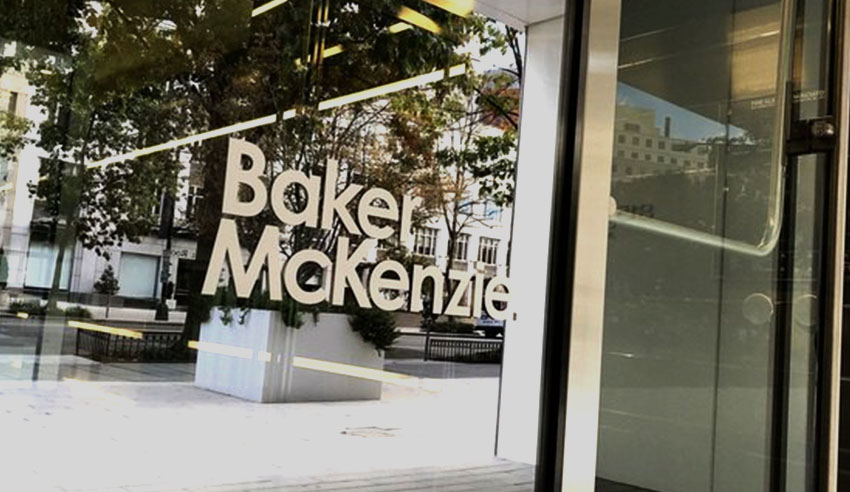More than three-quarters of business leaders in Australia describe themselves as being disrupted rather than being disruptors themselves, highlighting how quickly technological change is reshaping the professional landscape.

According to global law firm Baker McKenzie’s “The Age of Hypercomplexity: Technology, Business and Regulators in Asia Pacific” survey, well-established, often pre-internet launched businesses “in the world’s fastest-growing region are struggling to adapt and compete against new entrants born of the online era”.
Elsewhere, 43 per cent of Australian businesses see investment in new technology/innovation as the greatest cost increase area in their industry over the next two years, four in five (81 per cent) see major technological disruption will accelerate over the next two years and 69 per cent of Australian businesses see big data as the technology having the greatest impact on their businesses in the next two years.
There was a direct correlation between those companies that described themselves as highly adept at maximising tech benefits, and those describing their organisations as disruptors, Bakers noted, with 25 per cent of Asia-Pacific business leaders claiming to be both.
Speaking about the findings, Bakers head of TMT Adrian Lawrence said that technology-driven disruption is affecting every industry, “even those that previously assumed their sector to be immune”.
“While it’s hitting different firms from various directions, and with varying speeds, the consistent message is that disruption is accelerating and timeframes for a considered response are contracting dramatically,” he posited.
“Firms that are failing to appreciate that disruption requires a top-down, across the business response are falling behind and risk reaching a point where they will never catch up.”
When thinking about the risks associated with technological advancement, just one in five of Asia-Pacific business leaders describe themselves as “highly successful” in managing tech risk.
Unsurprisingly, Bakers surmised, the breach or theft of sensitive information was identified as the greatest perceived tech risk.

Jerome Doraisamy is the managing editor of professional services (including Lawyers Weekly, HR Leader, Accountants Daily, and Accounting Times). He is also the author of The Wellness Doctrines book series, an admitted solicitor in New South Wales, and a board director of the Minds Count Foundation.
You can email Jerome at: